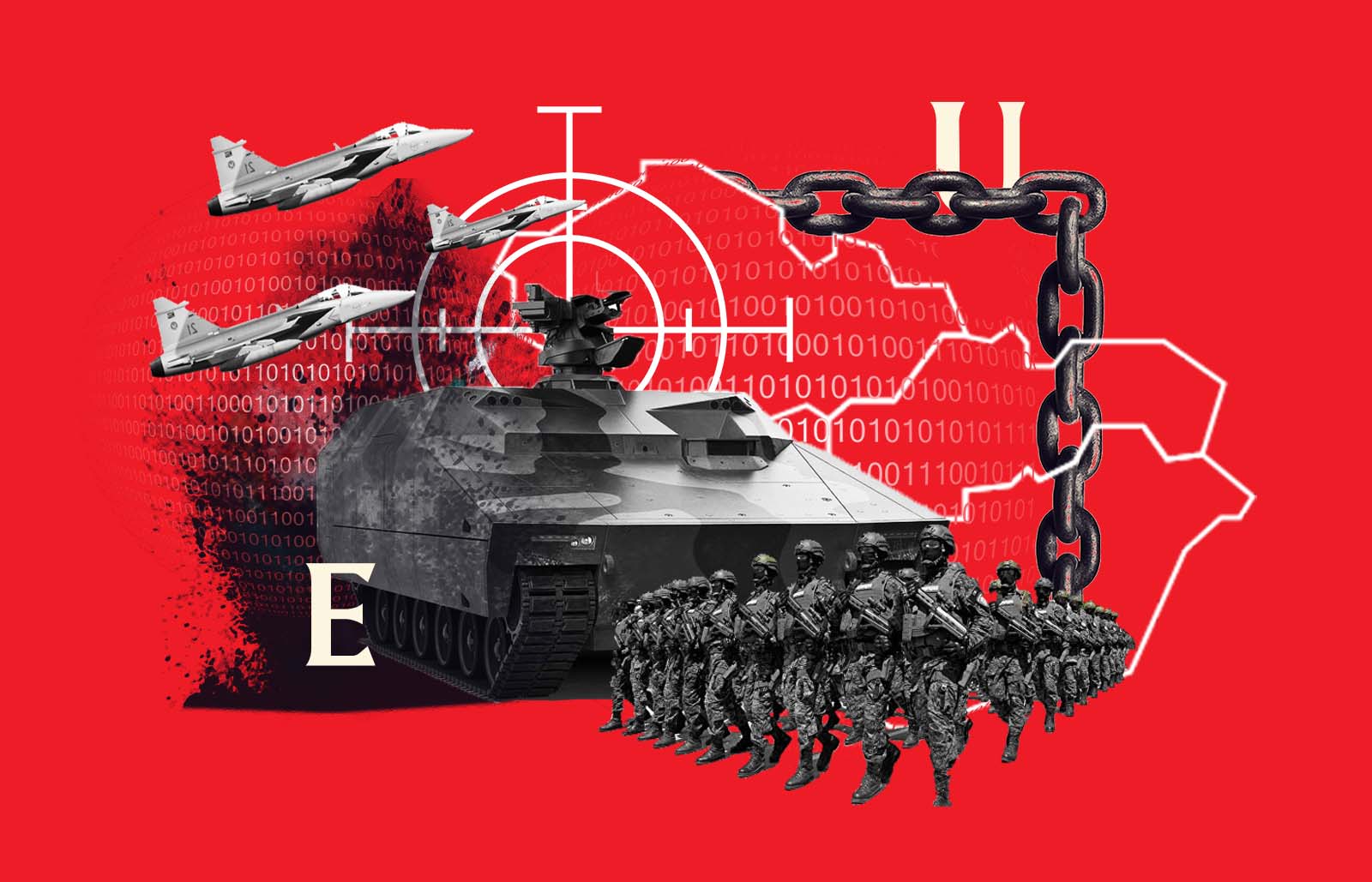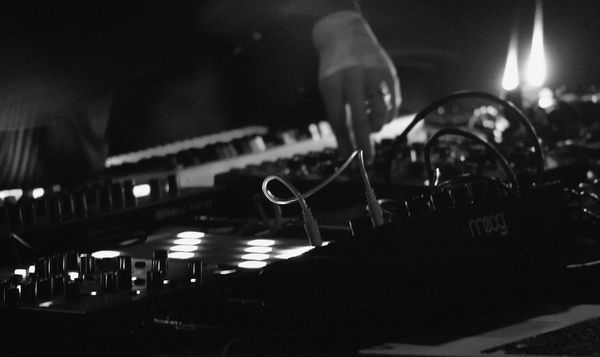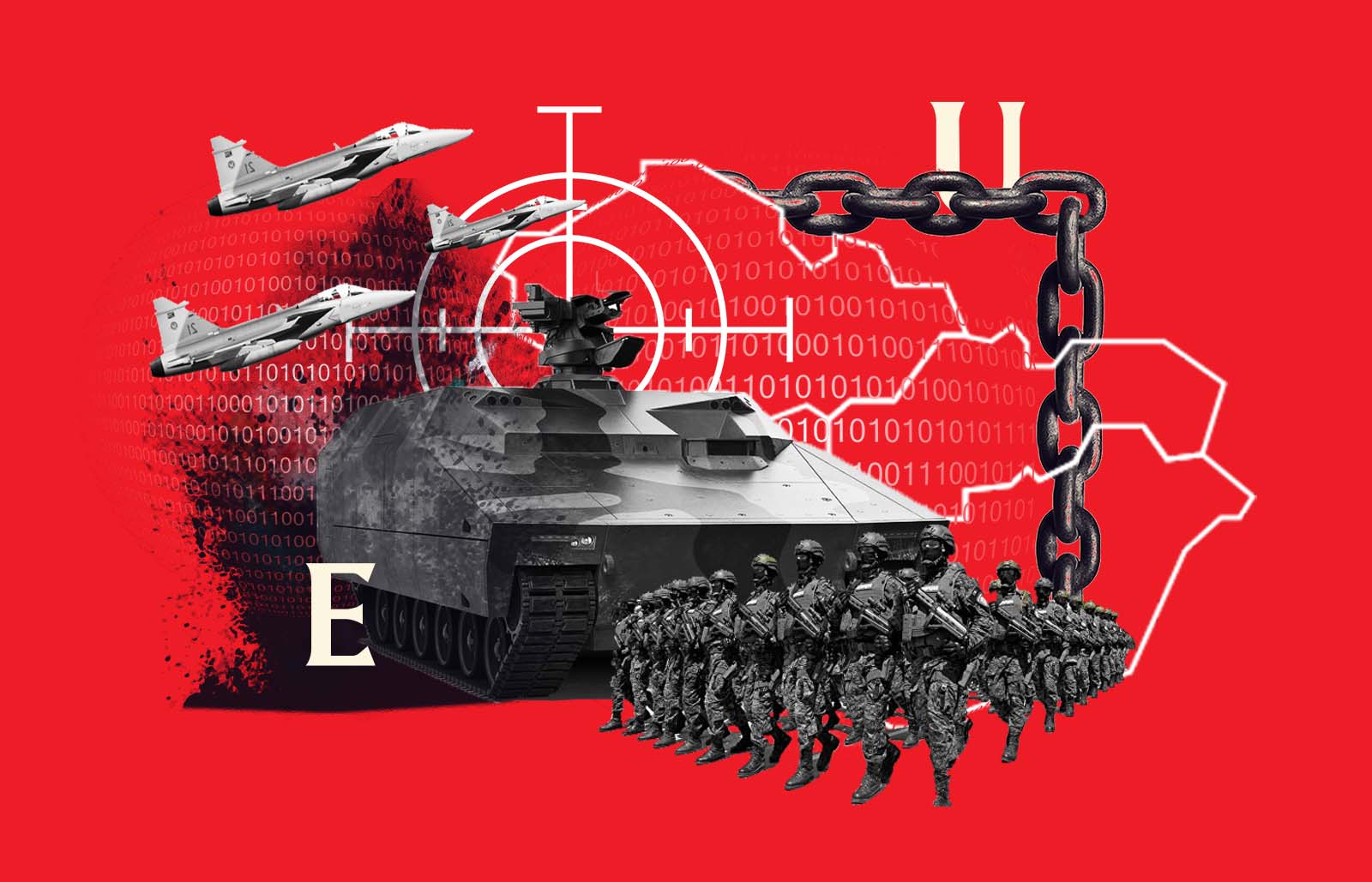The war in Ukraine makes the consolidation of NATO’s eastern flank particularly important, as the future of the region is unpredictable. Accordingly, the development of military forces in Slovakia and the Czech Republic has also became a priority. Our interview with Jakub Wiśniewski, Secretary of the GLOBSEC Board of Directors, and Jan Havlíček, Security Analyst at the Institute for Politics and Society, on security trends in Slovakia and the Czech Republic.
How has the war in Ukraine changed the security policy of the Czech Republic and Slovakia?
Jan Havlíček: A few years ago, the Czech Republic’s security strategy identified international terrorism as the main threat to the country. Among other threats were illegal migration, organized crime or the Russian and Chinese adverse influence within the country. With the war in Ukraine, it is now clear that by far the major threat today is Russia, and more specifically the Russian regime under Vladimir Putin. The atrocious aggression in Ukraine has shocked Czech politicians and public opinion. Even Czech President Miloš Zeman himself, a long-time supporter of Russia, has admitted that he was wrong to believe that Russia would not invade Ukraine. He also suggested that his old friend Putin had gone “crazy”. While these fundamental security risks are likely to remain, the security and defence environment is now tilted towards Russia. The current government is sending weapons, ammunition and other equipment to Ukraine to support the fight against Russia and is contributing at least 400 troops to reinforce NATO’s mission in Slovakia. The Czech Republic is also very active in the common defence of the Baltic region. Because of the war in Ukraine, the government is likely to increase defence spending to reach the 2% of GDP to which we have long been committed. The war is also likely to make the Czech Republic want to strengthen its position in NATO and the transatlantic partnership.
Jakub Wiśniewski: The situation is similar in Slovakia, where the war has opened the eyes of many, even the former proponents of Russia. These “panslavists” have gone quiet for now. The long-term impact on security policy of the country will be huge as the whole society realizes that a major war in the European continent is not unthinkable. Accordingly, expenditure on defence and security will increase here too. Slovakia has rallied behind NATO actions and supported sanctions imposed on Russia. There will be a bigger effort on the part of the Slovak administration to fight against the Russian disinformation.

What security policy trends can be expected in the future from a Czech and Slovak perspective?
Jan Havlíček: Security policy trends are and will be further shaped by the crisis in Ukraine. It is clear that the major threat to the Czech Republic and its interests are Vladimir Putin and his regime. Not the Russian people, though. We have a large Russian community in the Czech Republic, which must be protected. A strong position within the European Union and NATO will be essential. Especially the transatlantic bond needs to be further strengthened after the corrosive Trump’s presidency. Enhancing the eastern wing of NATO will be particularly crucial. We should put more effort into the protection of the Baltic states, Poland, Slovakia or Romania. We should also seriously consider Georgia’s and Ukraine’s accession to NATO and the EU. Additionally, the security policy trends will increasingly include Chinese expansionism. The Czech Republic has been a vocal supporter of Taiwan and should continue doing so. The overall trend should be to limit the dependency on Chinese goods as well as opposition to Chinese aggression towards Taiwan, the South China Sea, Hongkong, and the ongoing genocide of Uyghurs in the Xinjiang province. Apart from these major geopolitical trends, the Czech Republic will have to deal with terrorism and extremism. In this regard, far-right extremism is increasingly popular and dangerous. Religious, typically Islamic, extremism is also still present in Europe and could potentially target the Czech Republic.
Jakub Wiśniewski: It seems that there will be a cold war between isolated Russia and the West, in which Slovakia will be a frontline country. Stationing of NATO troops cannot be excluded if the situation in Ukraine remains bad. The Slovak administration has already started a review of areas where Slovakia is dependent on Russia–from gas to nuclear fuel to servicing of military planes. Measures will be taken to wean the Slovak economy and the state off these connections. Especially securing alternative sources for natural gas will be difficult.
What are the possible economic and social impacts of the current migration situation?
Jan Havlíček: First of all, it should be noted that the Czech Republic has the lowest unemployment rate in the European Union, therefore, lacks employees and skilled workers. Czech companies have been complaining about this trend for many years. Due to the fact that the majority of Czech society does not favour immigration from Asia and Africa, the government applied measures to attract workers from Eastern Europe, specifically Belarus and Ukraine. Migrants from these countries are culturally closer to the Czech population than migrants from Africa or Asia, assimilate faster, and find jobs easier. In this context, Czechia is currently facing an influx of refugees from war-torn Ukraine. As of now, Sunday 6 March, we have received at least 100.000 refugees, with many more expected to arrive in the following days and weeks. It is hard to estimate the total possible capacity we are able to take in. Some analysts and politicians estimate that we can take up to 200.000-250.000 refugees. The social impact should not be dramatic since a significant Ukrainian minority already lives in the Czech Republic. Economic impacts are difficult to estimate as we don’t know the final number that will arrive yet. It may, however, be beneficial to the Czech economy, considering the above-mentioned lack of employees and workers.
Jakub Wiśniewski: Slovakia has already witnessed an inflow of 100.000 thousand people and many more are expected. So far the administration and the volunteers were able to cope with this increased pressure. Majority of these people will probably travel onwards, but larger cities such as Bratislava or Košice will have to create the conditions for those who decide to stay. They need to help them find accommodation, schools for their children, medical and psychological assistance and jobs. The Slovak administration will need to make an effort and coordinate its actions with partners in the EU and beyond. In addition to the Czech Republic, there is also a shortage in the Slovak labour market, so some refugees can find a job but there will need to be a more systemic approach towards people who have no subsistence–cash handouts and access to social and medical services.

Ukrainian photographer helps children's hospital in Kyiv by selling prints

We can help Ukrainian refugees even by listening to music










